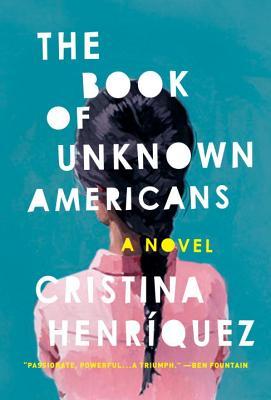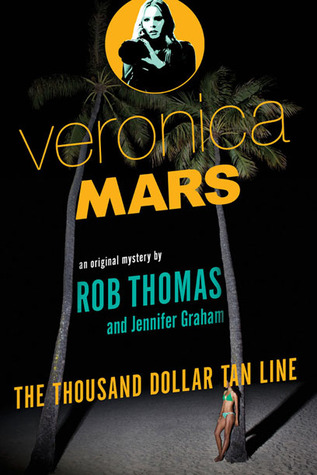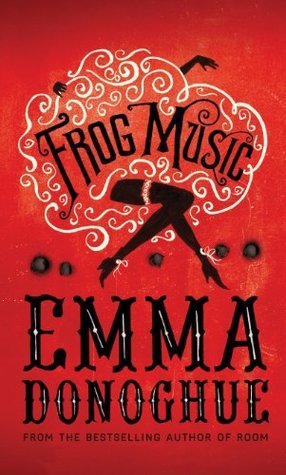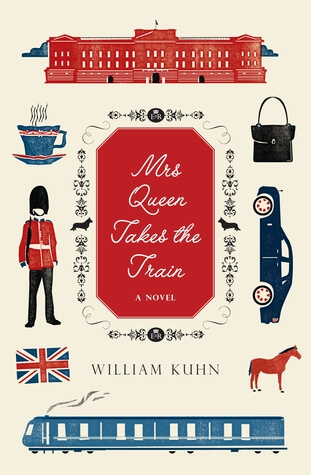Different motivations prompt immigration to the United States in Cristina Henríquez’s ambitious novel The Book of Unknown Americans.
“I couldn’t help but think of how in Pátzcuaro Arturo used to come home at midday and sit at the kitchen table, eating the lunch I had spent much of the morning preparing for him. Soft tortillas that I had ground from nixtamal, wrapped in a dish towel to keep them warm, a plate of shredded chicken or pork, bowls of cubed papaya and mango topped with coconut juice or cotija cheese. . . And now this? This was where I had brought him? “
– The Book of Unknown Americans, Cristina Henríquez
Different motivations prompt immigration to the United States in Cristina Henríquez’s ambitious novel The Book of Unknown Americans. The Riveras arrive in Delaware from their comfortable, happy home in Mexico with the hope that their brain-damaged daughter Maribel will find help at a special school. The Toros emigrated years ago from Panama. They try to cope with alienation in their new and from their old ones, loss of identity and hope, while finding the profound importance of community.
Unknown Americans plays against the idea of America as the promised land for people running from social or political upheaval, or people running toward a shining dream of success in a different country. For the most part, the legal immigrants of the story have left loving homes, strong cultural and familial ties, and steady jobs, for an uncertain future. Henríquez alternates the point of view between Maribel’s mother Alma and the Riveras’ teenaged son Mayor to move the story forward, interspersing short interludes told from the points of view of other neighbours in the apartment complex.







